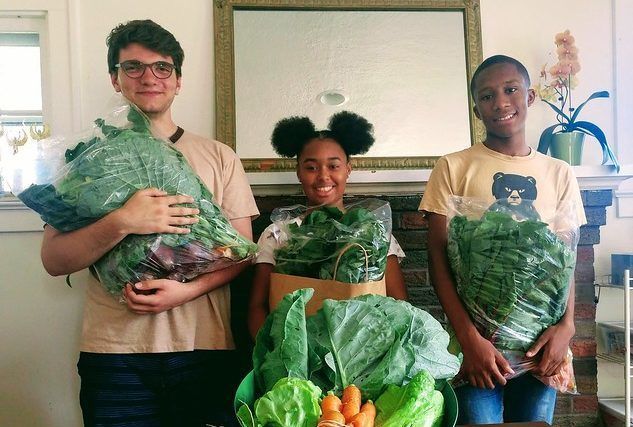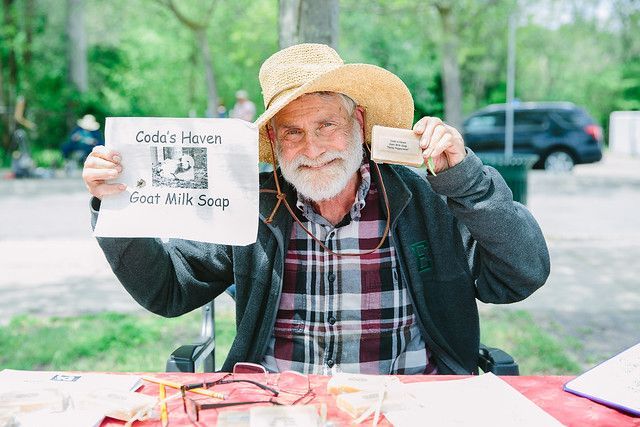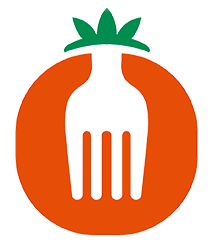Article
2024 Teen Leadership After School Program Highlights
Thursday, May 16 marked the last day of the after-school program for our Teen Leadership Program. We wanted to take a moment to share some of the highlights from the past eight months and recognize all of the hard work done by our young food justice leaders!
Deepening Knowledge
The fall and winter are quieter months on the farm, but our teens were hard at work putting the farm to bed, learning to cook new recipes with our fall harvest (we loved the butternut squash soup), and deepening their knowledge about plants and food systems through workshops. A few fan-favorite workshops included plant families and intercropping lessons led by our Youth Programs Manager, Esha Biswas, and a food waste series led by our Teen and Schools Manager, Jenny Pritchett. Our teens are inspired by stories of Indigenous cooking, farming, and food system practices- some of our favorite documentaries on these topics included Seed: The Untold Story and Gather. They also participated in a corn nixtamalization workshop where they used dried corn from the farm and the ancient practice of nixtamalization to make fresh tortillas!
Community Engagement
Over the school year, the group participated in many different community engagement events. They did informative tabling events at YCS schools, the UMS Freight House events, and Growing Hope’s Earth Day celebration where they taught community members about native plants and how to make seed balls. They led two intergenerational cooking workshops at the Ypsi Senior Center where they partnered with local seniors to cook simple, nutritious meals! Growing Hope became a participant in the Neutral Zone’s Youth Driven Spaces Immersion Program, which is a year-long program that aids youth-serving agencies to increase youth voice, youth decision-making, and leadership in their programs and organizations. The teens have been learning facilitation and community-building skills, and Growing Hope adult staff have been learning how to include youth voices at every level of our organization. Through the Neutral Zone, the teens also designed and delivered a “ Sipping Self-care: Homemade Herbal Tea” workshop at the Youth Driven Spaces Conference, which was a huge success!
Seeding, planting, and growing
All the work our young people do is centered around our farm and growing food. Even in the dead of winter, they were learning about fungi and how to grow oyster mushrooms inside our farmhouse in buckets, thanks to Fungi Revival! Throughout the winter, the teens sorted and cataloged over 4,500 seed packets that were then donated to our friends at the Ypsi District Library for their Seed Library that is shared with the community! As spring approached, the teens began crop planning and seed starting for The Oasis and Sharing Gardens. They used crop planning techniques taught by our Farm Manager, Christopher. They learned how to soil block, direct sow, transplant seedlings, and how to plan and plant our garden beds! Their stewardship of The Oasis and Sharing Gardens will continue into the Summer Teen Leadership Program.
We are incredibly proud of this group of young people and grateful for their hard work, commitment to the community and the local food system, and the perspective and joy they bring to our organization! In June our current group of teens will be joined by seven new teen crew members for a summer full of learning, growing, and leading!
share this
Related Articles
Related Articles
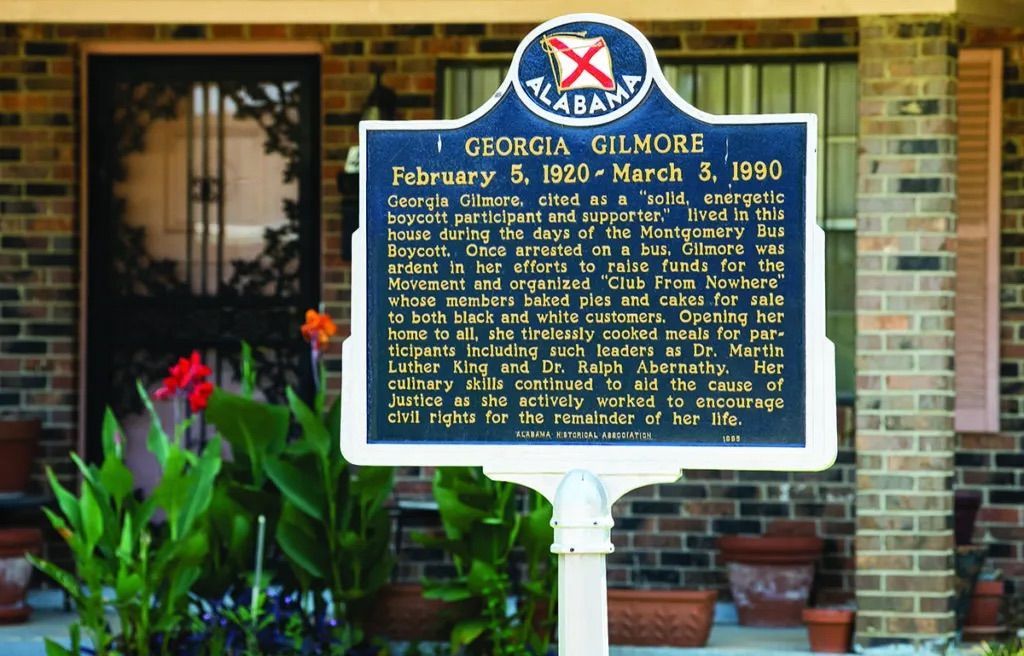

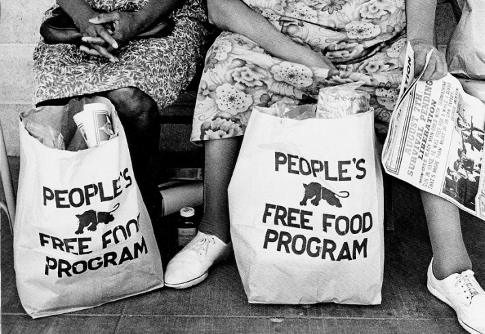
STAY UP TO DATE
GET PATH'S LATEST
Receive bi-weekly updates from the church, and get a heads up on upcoming events.
Contact Us


